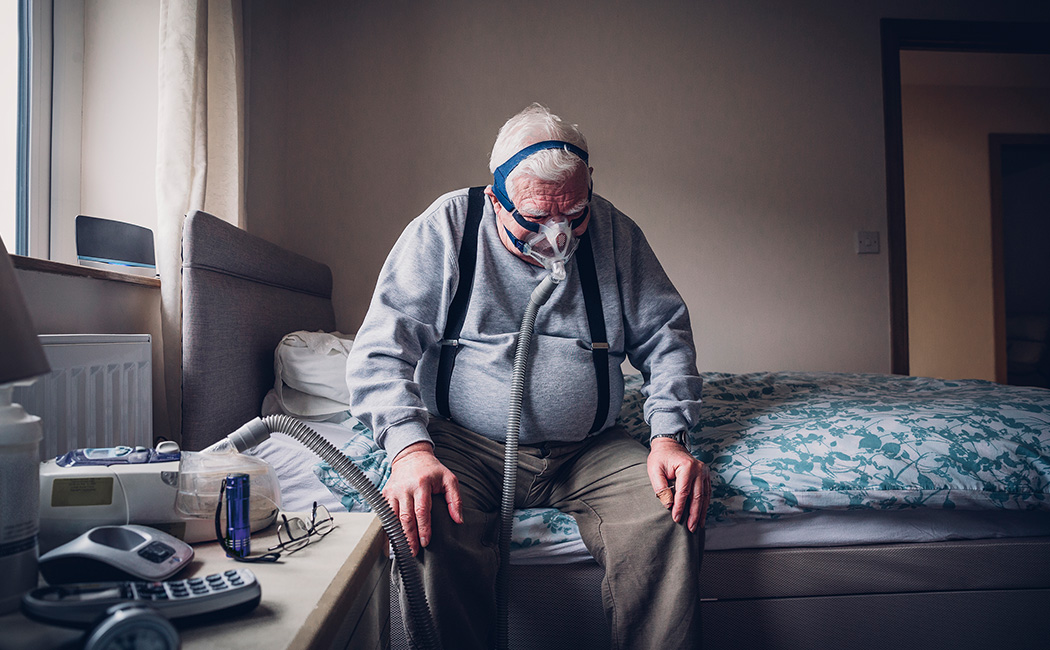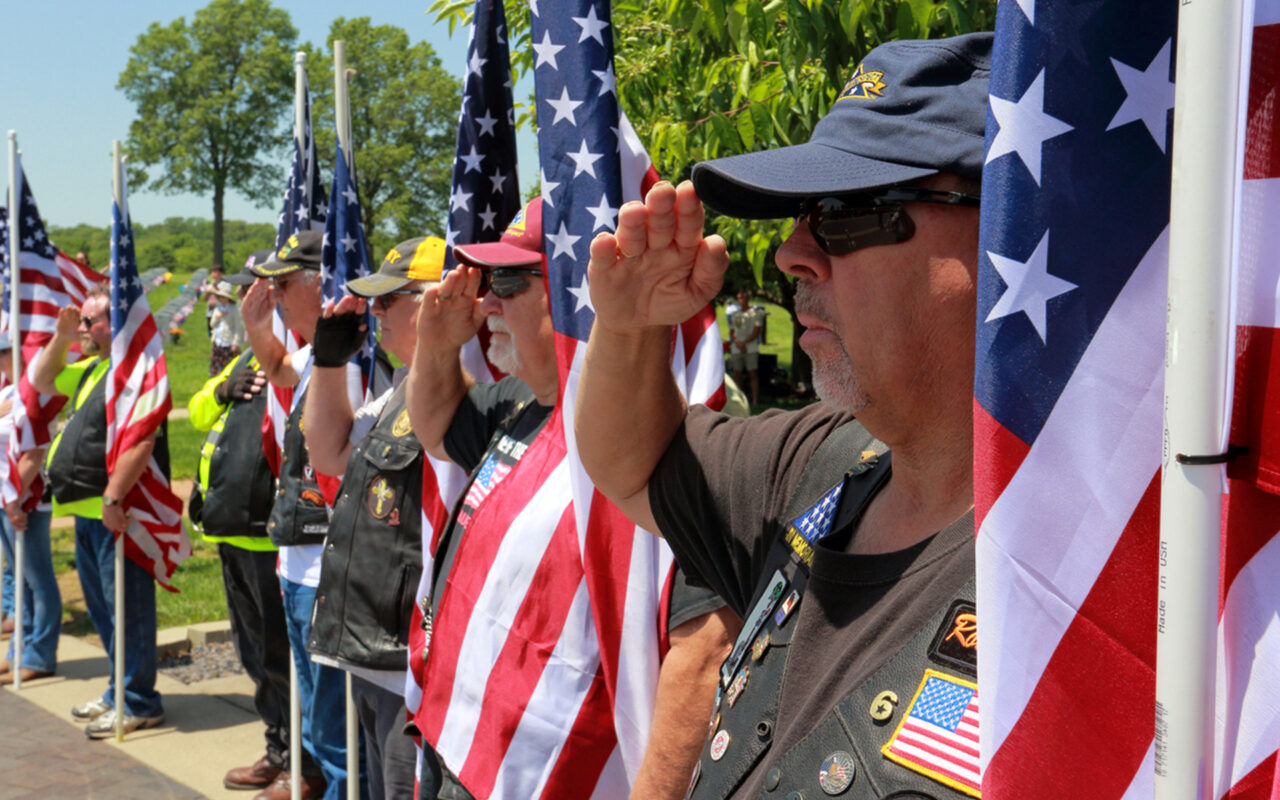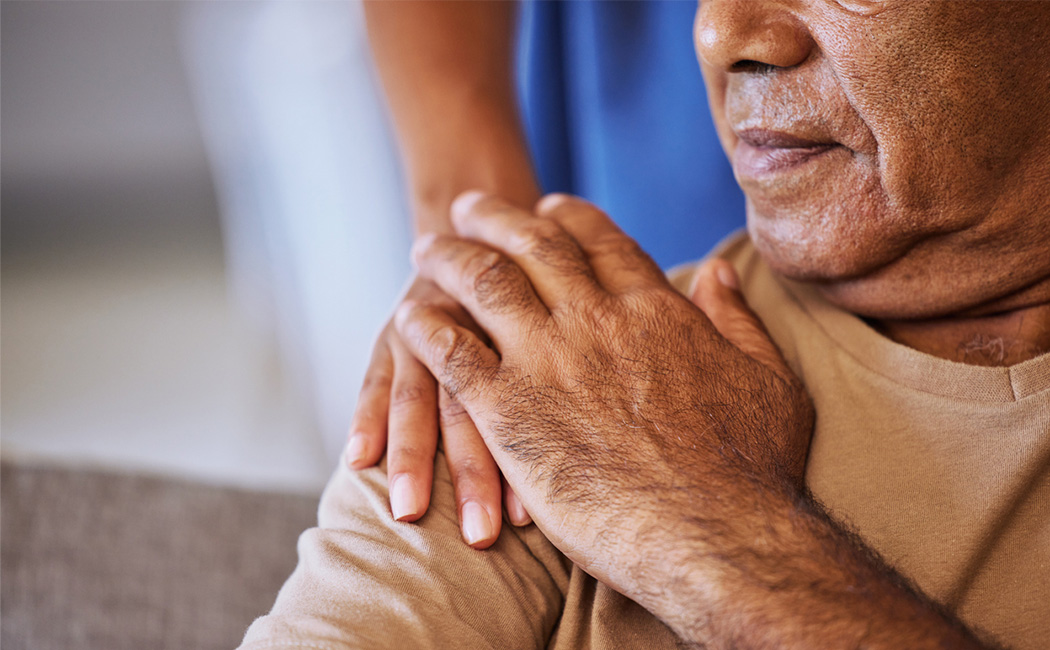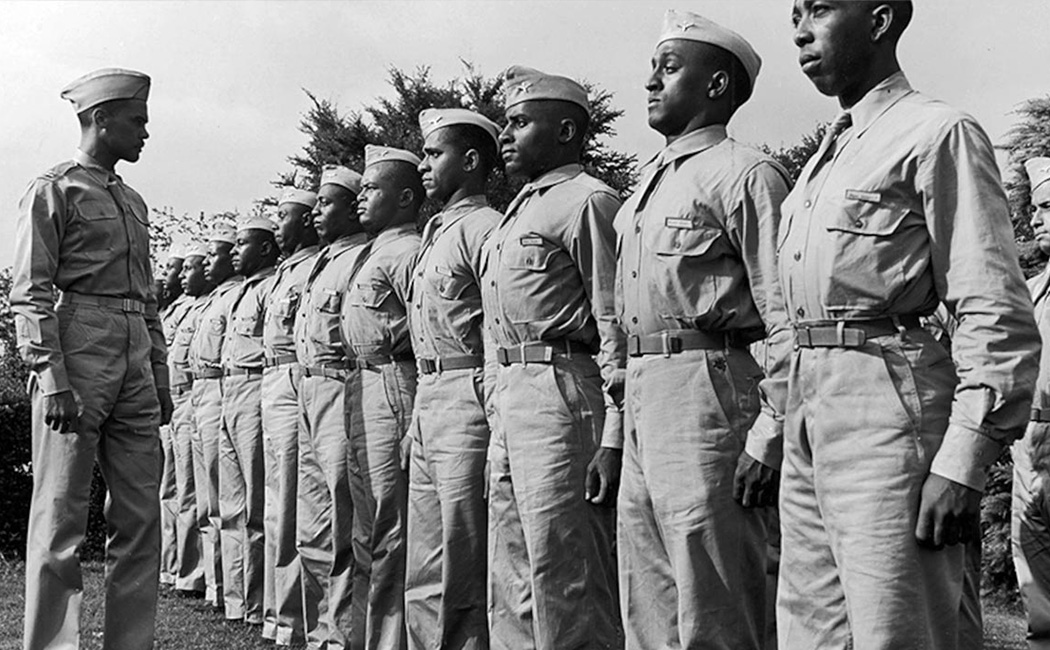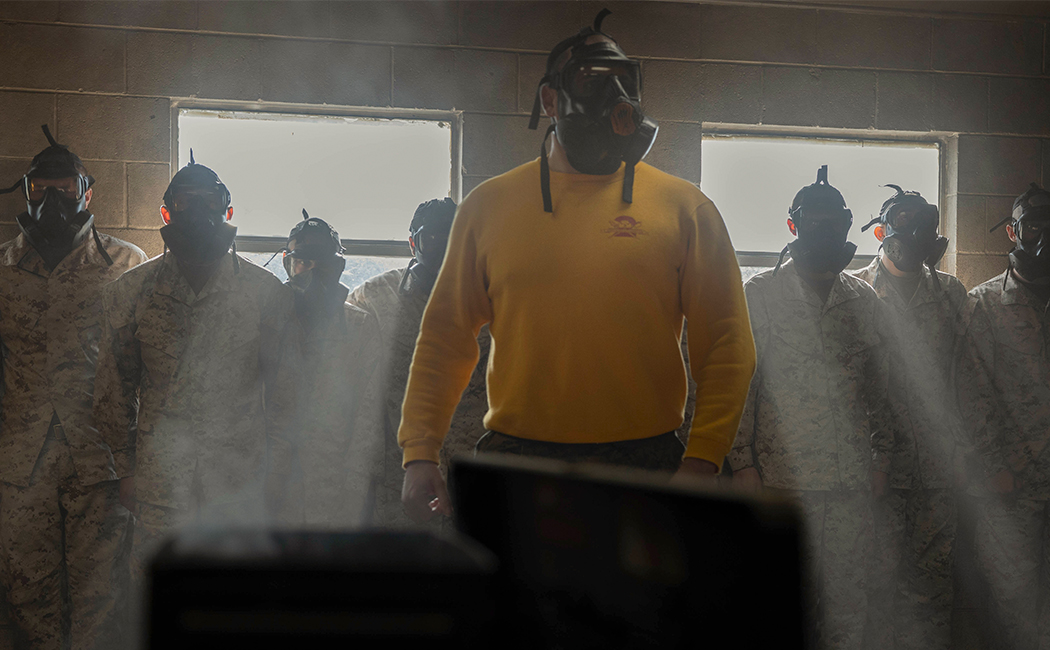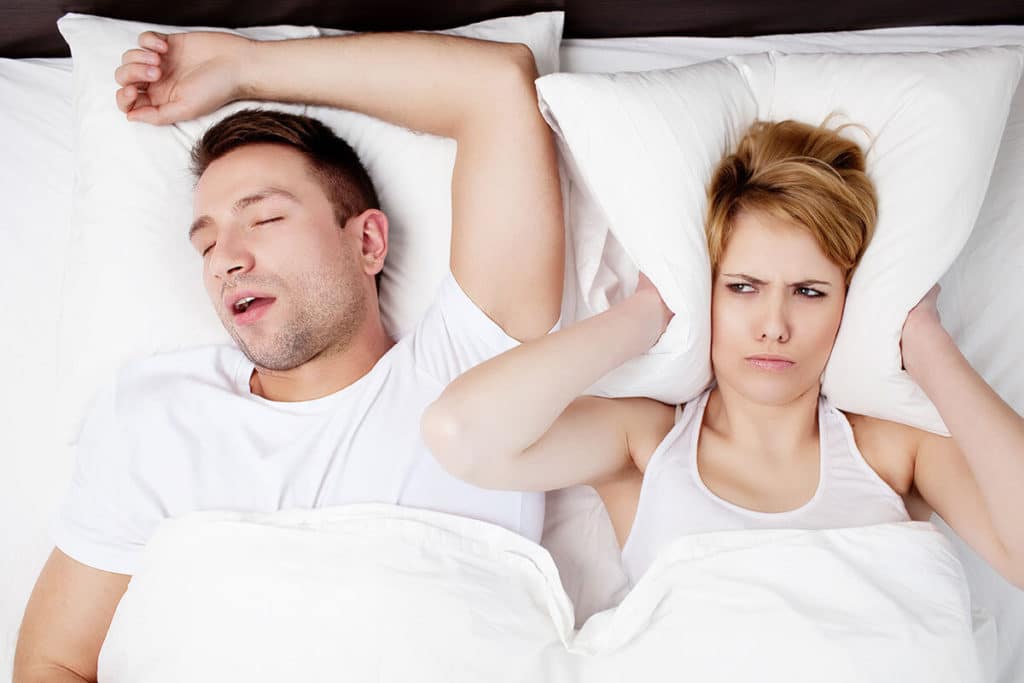
Medical issues connected to military service – including sleep apnea, presumptive conditions that include sleep apnea, and secondary conditions that cause sleep apnea – may entitle you to disability compensation and benefits.
It is important to understand how sleep apnea is defined by the VA and the conditions the VA requires to justify a disability rating for sleep apnea.
Defining Sleep Apnea
Sleep apnea is a sleep disorder that causes a person’s breathing to be interrupted repeatedly throughout the night. It can potentially be very serious. There are three different types of sleep apnea:
- Obstructive sleep apnea is the most common form during which the muscles of the throat relax intermittently and block a person’s airway while they sleep.
- Central sleep apnea occurs when the brain fails to send the right signals to the muscles that control breathing.
- Complex, or Mixed, sleep apnea is a combination of both obstructive and central sleep apnea.
Symptoms of sleep apnea include loud snoring, gasping for air, waking with dry mouth, morning headaches, insomnia, excessive daytime sleepiness, and difficulty concentrating.
Treating Sleep Apnea
Doctors may treat mild cases by suggesting changes in a person’s lifestyle, like losing weight or quitting smoking. Serious cases may require the use of a CPAP (continuous positive airway pressure) machine. This machine helps keep a person’s airways open during sleep, preventing snoring and sleep apnea.
Related Conditions
Certain conditions can increase the risk of sleep apnea. These include:
- Congestive heart failure
- High blood pressure
- Type 2 diabetes
- Parkinson’s Disease
- Polycystic Ovary Syndrome
- Hormonal disorders
- Prior stroke
- Chronic lung diseases (like asthma)
Proving Sleep Apnea is Service-Connected
The VA will generally grant a service connection if a veteran’s disability was sustained or irritated by their service in the military. Veterans that intend to prove a service connection directly for sleep apnea must provide the following evidence:
- A sleep study-confirmed sleep apnea diagnosis
- An event, illness, or injury occurred in service
- A link between the in-service injury, event, or illness and sleep apnea
Understanding the VA Disability Rating for Sleep Apnea
First and foremost, a sleep apnea diagnosis via a sleep study is required by the VA. A medical professional’s previous diagnosis of sleep apnea – without a sleep study – is not sufficient evidence for the VA.
The VA rating of sleep apnea assigns veterans a 0, 30, 50, or 100 percent rating under 38 CFR § 4.97, Diagnostic Code 6847. The number ratings are based on severity:
- A 0 percent rating means a veteran has a sleep disorder documented, but they are not showing symptoms. This rating is considered non-compensable.
- A 30 percent rating involves the veteran experiencing chronic daytime sleepiness that is not improved by sufficient sleep.
- A 50 percent rating means the veteran experiences sleep apnea and requires a breathing assistance device like a CPAP machine.
- A 100 percent rating involves the veteran’s diagnosis of chronic respiratory failure with carbon dioxide retention or is diagnosed with cor pulmonale (a condition that causes the enlargement or failure of the right side of the heart due to lung disease).
Sleep Apnea Benefits
After a veteran is assigned a VA disability rating for sleep apnea, they are eligible to receive monthly compensation based on their rating.
The current VA benefit amounts for a single veteran without children are:
- 0 percent rating: $0.00 per month
- 30 percent rating: $467.39 per month
- 50 percent rating: $958.44 per month
- 100 percent rating: $3,332.06 per month
You can view additional benefit amounts here.
Claim Denied?
If your claim was denied benefits by the VA, you still have options. Contact Veterans Guardian as soon as possible so that we can help you get the benefits you deserve.



